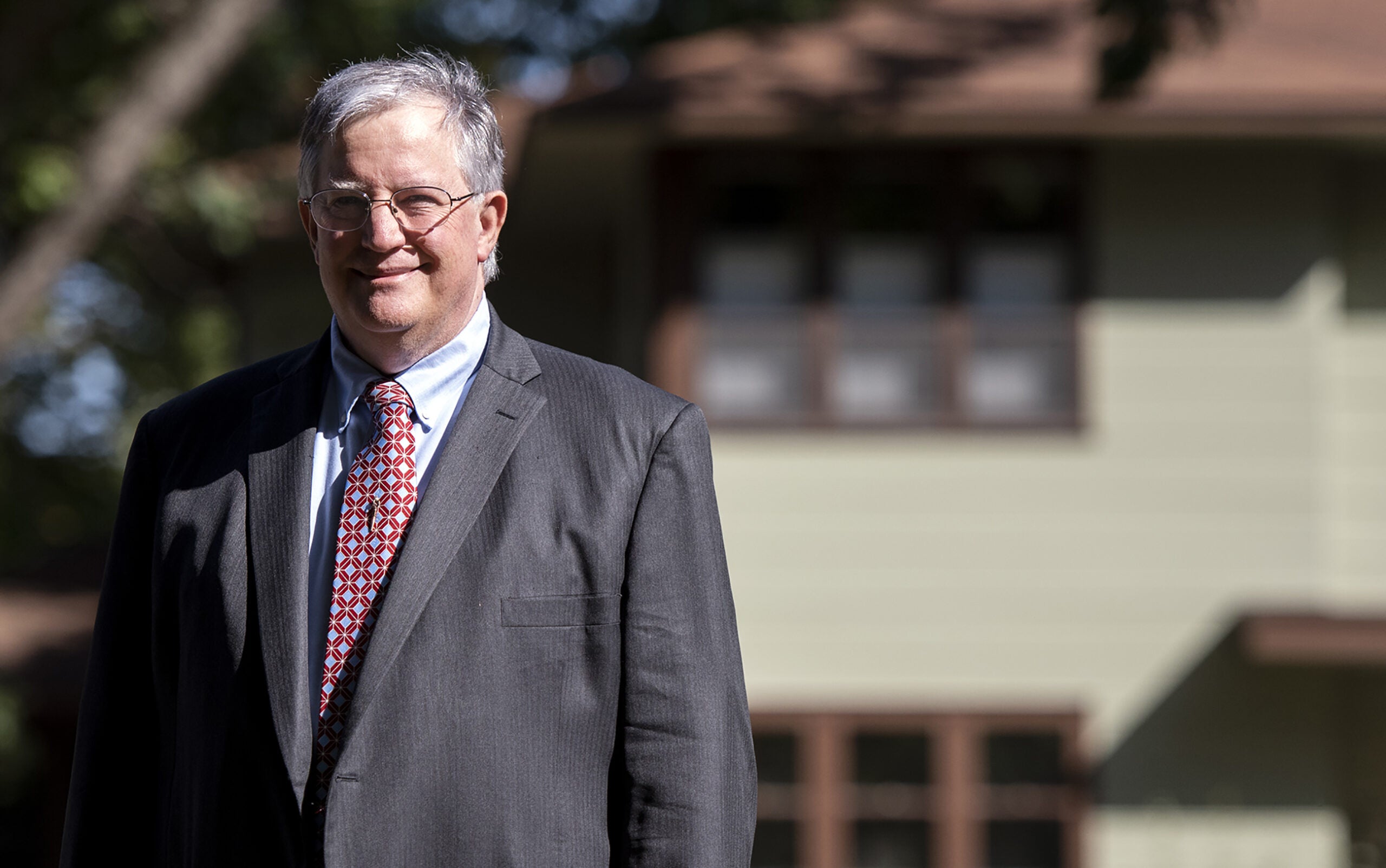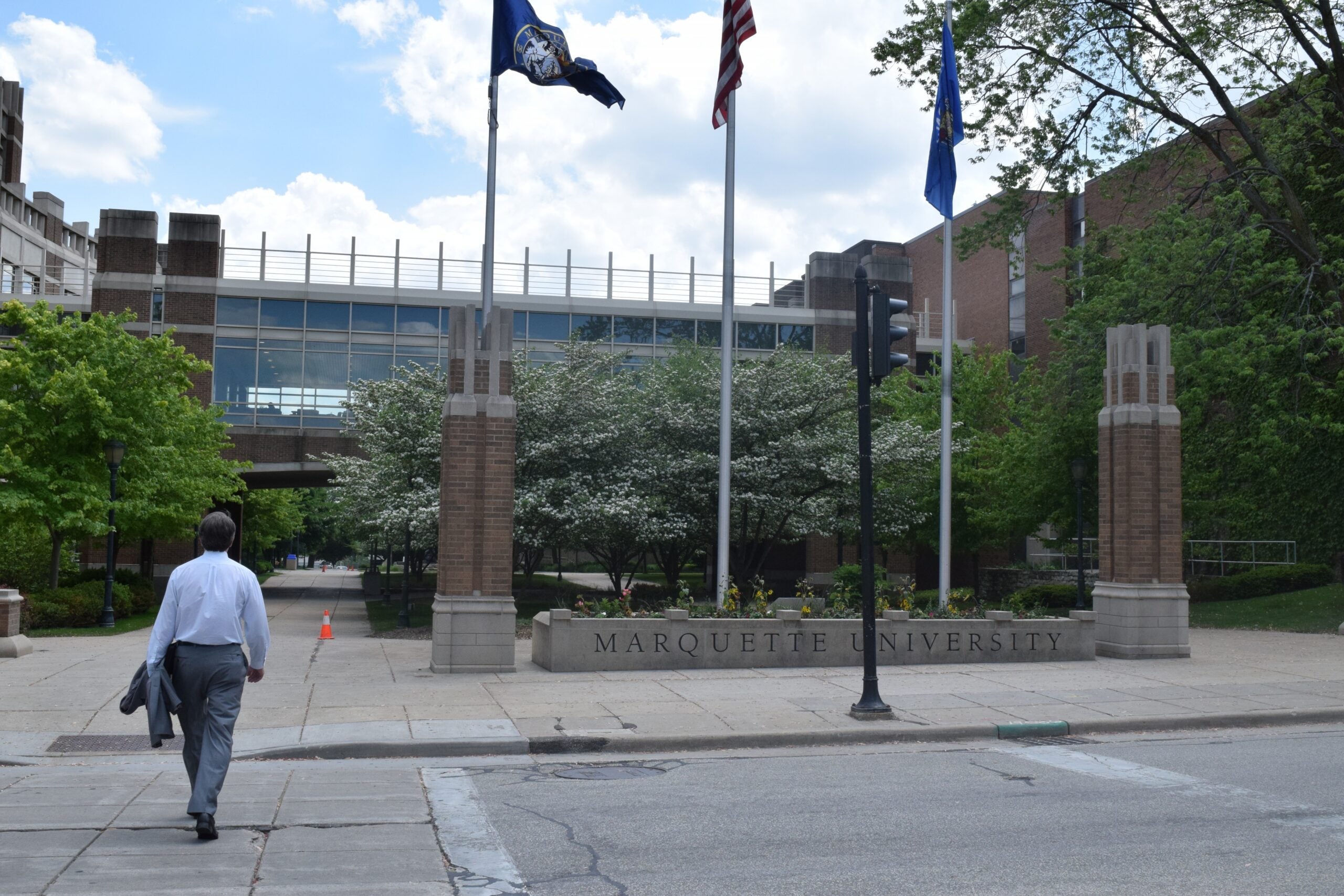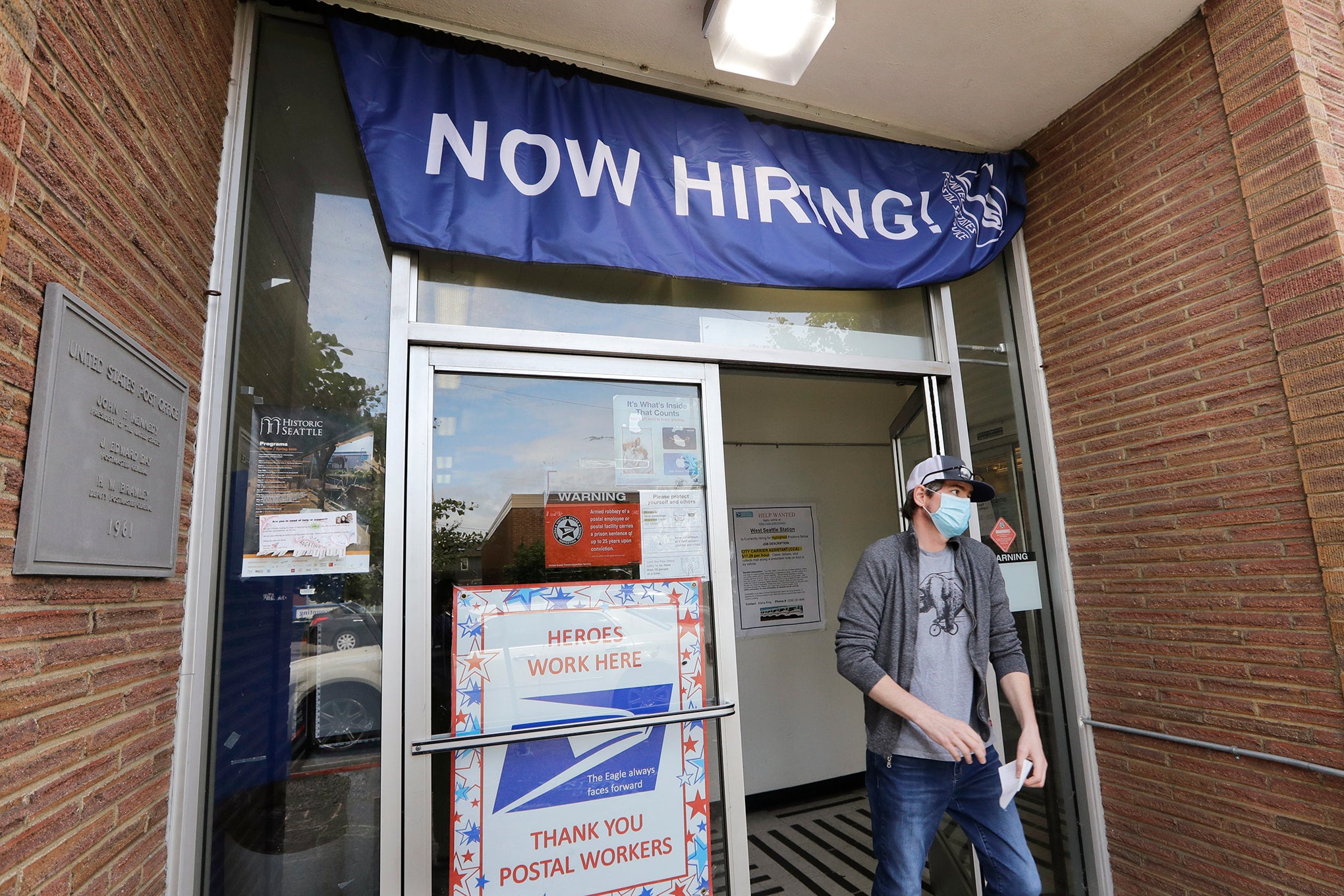The latest Marquette University Law Poll dropped on April 27. It includes some controversial questions, which resulted in some backlash, particularly on Twitter.
Two of the questions in the poll ask surveyers if they agree with the following statements:
- Women seek to gain power by getting control over men.
- Women exaggerate problems they have at work.
Stay informed on the latest news
Sign up for WPR’s email newsletter.
Charles Franklin, the poll’s director, told the Wisconsin Examiner that asking these questions is a way to identify people with sexist perspectives, not to impose sexist perspectives.
“It’s based on a great deal of political data, polling data and empirical evidence, that these two questions do a pretty good job of capturing sexist attitudes,” Franklin said.
He noted that in the past, the poll has asked similar questions touching on racial stereotypes.
“The opinions expressed in those racist items are pretty racist … But I don’t know how to measure racism without giving people a racist option if they want to pick it,” Franklin explained.
The two statements were written and chosen carefully, based on in-depth scholarship, Franklin said. These questions are timely, he added, since there are numerous candidates who are women running for political positions statewide this year.
Wisconsin DHS: COVID-19 Weekly Recap
The seven-day average for new COVID-19 cases in Wisconsin is 1,573 as of Friday. The Wisconsin Department of Health Services has confirmed 14,464 total deaths from the disease.
Sixty-one percent of Wisconsinites are fully vaccinated — 83 percent of people age 65 and older, 58 percent of children age 12 to 17 and 25 percent of children 5 to 11 years old. As of Friday, 34 percent have received a booster shot.
Child with rare disease treated at UW Health
Brody Koslowski is a 6-year-old from DeForest with a rare neurological condition that strips children of vision, movement and intellectual ability.
Batten disease, which Brody has been diagnosed with, affects between 2 to 4 in 100,000 children and typically ends their lives when they’re between ages 6 and 8, the Wisconsin State Journal reported.
But renewed hope has come to the family in the form of biweekly infusions of Brineura, a new enzyme replacement therapy treatment that’s inserted directly in his brain by staff at UW Health. His mother, Molly Koslowski, told the State Journal that without these treatments, her son likely wouldn’t be able to walk, swallow, chew or sit up.
“It’s one of the most horrible diseases we have to deal with,” Brody’s neurologist, Dr. David Hsu said in explaining his motivation for providing Brineura. “The life goes out of their eyes. They just sit there. Sometimes they have really bad seizures, which we have a hard time controlling. Then they die.”
Brineura can’t reverse the disease, according to the article. But it can slow symptoms and help Brody to live as comfortable a life as possible.
Hundreds of US urban areas will become rural with new criteria
Hundreds of the urban areas in the United States are becoming rural, and it’s not because of anything they’ve done.
The U.S. Census Bureau is changing the definition of an urban area. If the new criteria were applied to those places designated urban areas a decade ago, more than 1,300 places wouldn’t qualify. It’s the biggest change in decades.
For starters, the statistical agency is switching to housing units instead of people for the calculation. Under the old criteria, a place had to have at least 2,500 people to be urban.
Now, it will need at least 2,000 housing units, which is the equivalent to about 5,000 people.

UW-Madison announces next leader of Global Health Institute
The next director of the University of Wisconsin–Madison’s Global Health Institute has decades of experience studying viruses, including those that jump from animals to humans, and ways to prevent their spread.
Jorge Osorio is an expert in epidemiology, virology and vaccines and a professor in the School of Veterinary Medicine. He takes over his role in May, according to the news shared Tuesday by UW-Madison, and replaces Jonathan Patz, a professor and director of the institute since its founding in 2011.
“I am very excited and honored to lead the Global Health Institute,” Osorio said. “During the past 10 years, GHI has advanced important global health issues under the leadership of Dr. Jonathan Patz and his team. As the new director, I will build on their accomplishments, finding new opportunities for our faculty and students to investigate and find solutions to the world’s current health challenges.”
According to the release: “The Global Health Institute applies research, education and outreach to advance equitable and sustainable health across Wisconsin and the world. Working across disciplines, GHI fosters deeper understanding of the complex determinants of health and disease and the connections between animal, human and planetary health.”
Dane County sues foam makers over PFAS pollution
Dane County officials are suing dozens of firefighting foam manufacturers alleging their products contaminated the area around the county’s airport.
The Wisconsin State Journal reported Tuesday the county filed the lawsuit in state court last week.
The county is seeking unspecified damages from dozens of companies, including DuPont, 3M and Johnson Controls.
The county alleges the manufacturers sold foam for decades despite knowing it contained PFAS and failed to warn consumers and the public of the chemicals’ dangers. The city of La Crosse filed a similar lawsuit last year. The state Department of Justice sued Johnson Controls in March over PFAS contamination near Marinette.
What will happen in each state the moment the US becomes a post-Roe country
On Monday, news broke that the U.S. Supreme Court had written a draft opinion that would result in overturning Roe v. Wade.
In 1973, the U.S. Supreme Court ruled in Roe v. Wade that pregnant people have a constitutional right to an abortion within the first two trimesters, when a fetus is unable to survive outside the womb, or about 23 or 24 weeks gestation.
In Wisconsin, the overturning of the case would mean a 173-year-old abortion ban would go back into effect. Wisconsin Attorney General Josh Kaul has said he will not enforce the ban, though local law enforcement officials could choose to do so.
If the court strikes down Roe, abortion laws will be in the hands of the states. The U.S. has no federal law protecting, or prohibiting, the right to an abortion.
This map and explainer from the Washington Post details what would happen in each state if Roe falls.
Editor’s note: The Associated Press contributed to this report.
Wisconsin Public Radio, © Copyright 2025, Board of Regents of the University of Wisconsin System and Wisconsin Educational Communications Board.





